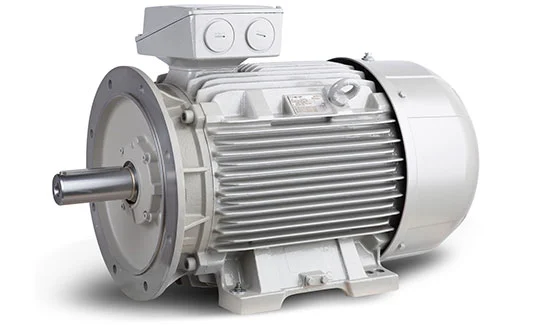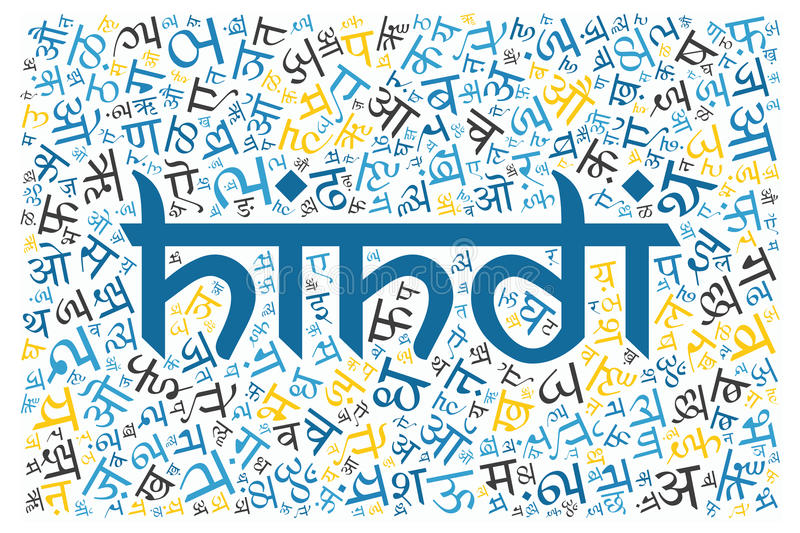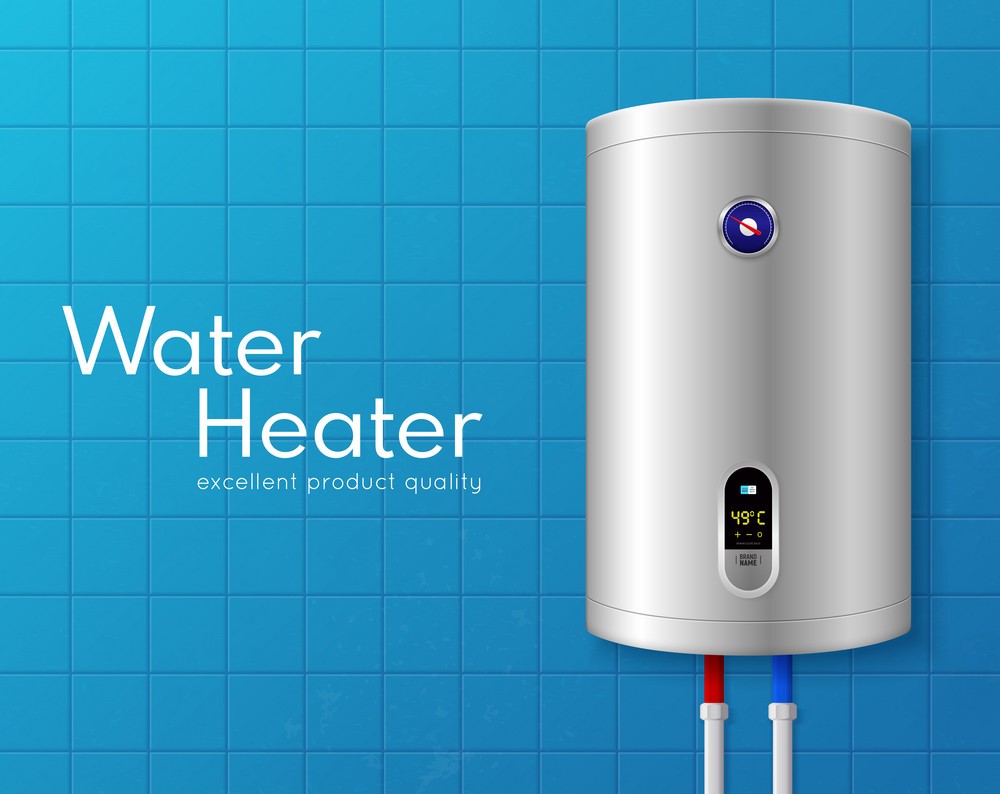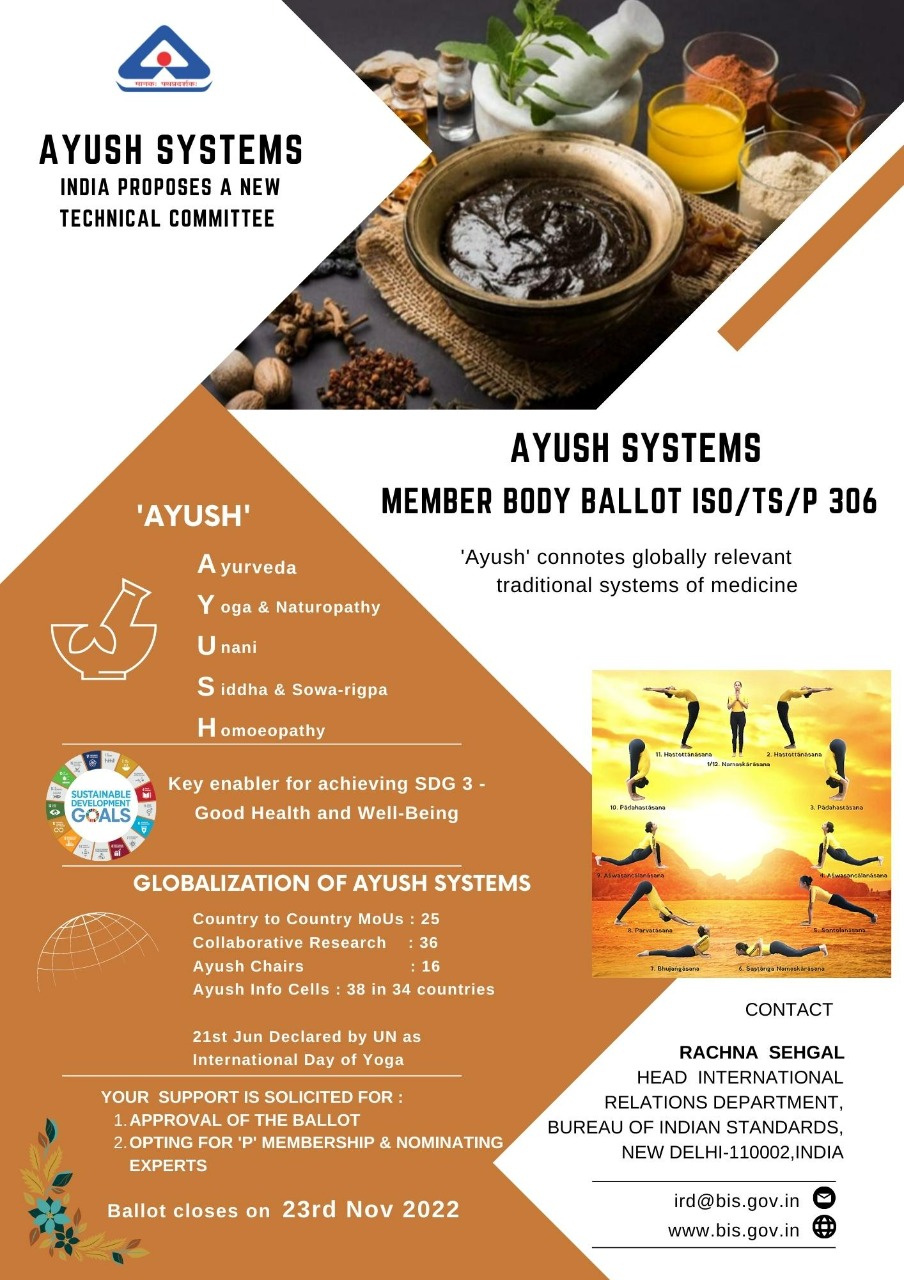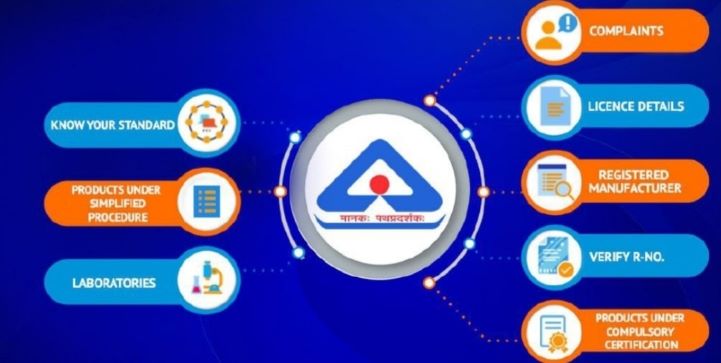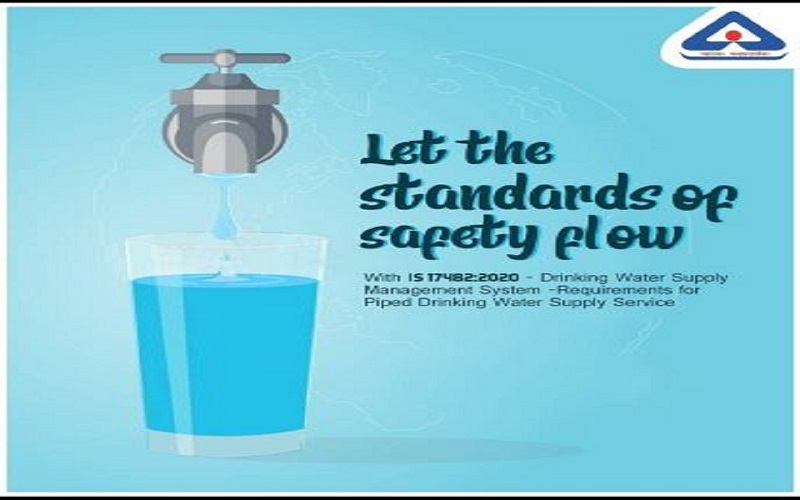Rice fortification is a process of adding vital micronutrients like iron, folic acid and vitamin B12 in milled rice. It is an effective, preventive and cost-efficient strategy to address the micronutrient nutrition problem, thereby preventing anaemia in the Indian population.
In an ambitious attempt to combat the serious problem of anaemia due to malnutrition in the Indian population, especially women and children, Prime Minister Shri Narendra Modi, during his speech on the 75th Independence Day (15th August 2021) made an announcement to...
Read More
Technical Textiles are defined as textile materials and products manufactured primarily for their technical performance and functional properties. Some of the major reasons for the recent demand for technical textiles pertain to their cost effectiveness, durability, high strength, versatility, user-friendliness, eco-friendliness, logistic convenience, etc. Technical textiles constitute woven, knitted and non-woven fabrics made from natural fibres (cotton and wool), synthetic fibres (polyester, polyamide, polypropylene, polyethylene,...
Read More
Hallmarking of Gold Jewellery & Artefacts
Since ancient times gold is considered a storehouse of value in India. In villages, people invest in gold to keep them secured against inflation and to be able to raise loans by mortgaging it in a time of need.
Gold is too soft to withstand wear, therefore, for jewellery making, gold is always alloyed with some other metal. The need for alloying of gold also makes the public extremely vulnerable to excessive adulteration. Detection of adulteration in gold is difficult without performing...
Read More
Electric motors are the most important type of electric load in every industry. An electrical motor is an electromechanical device which converts electrical energy into mechanical energy. In other words, the devices which produce rotational force are known as the motor. The working principle of the electric motor mainly depends on the interaction of magnetic and electric fields. The electric motor is mainly classified into two types: the AC motor and the DC motor. The AC motor takes alternating current as an input, whereas the DC motor...
Read More
संस्कृति को विशिष्टता प्रदान करने वाले कारकों में एक प्रमुख पहलू भाषा का है। संस्कृति व्यक्ति या समाज के चिंतन का प्रतिफल होती है। जिस भाषा में आप चिंतन करते हैं उसकी प्रतिछाया आपकी संस्कृति में भी...
Read More
WATER HEATERS− SAFETY STANDARDS
We cannot imagine the world today without electrical appliances. A large variety of electrical appliances are available for the consumer to accomplish various tasks. One such widely used appliance in India is the water heater.
In India, water heaters drive a workforce-oriented industry. To encourage small-scale industries Government of India has reserved the manufacturing section for this sector. Small-scale industries have limitations specific to measures such as technological inputs, testing...
Read More
Introduction:
‘Ayush’ connotes the traditional Indian systems of medicine comprising of Ayurveda, Yoga & Naturopathy, Unani, Siddha, Sowa-rigpa and Homoeopathy.
Ayurveda –‘the science of life’ is one of the oldest medical systems which integrally incorporates the concepts of health and disease and aims at achieving homeostasis of the body, mind, and spirit- referred to as the holistic approach. The objectives of Ayurveda are – to maintain the health of the healthy; and to treat the ailing mankind.
Yoga is an art and...
Read More
Preface
Studies have shown a consequential association between human exposure to particulate matter (PM) and health risks. It has been established that fine dust can be a serious health hazard, contributing to or even causing respiratory and cardiovascular diseases.
Until recently, most standards for heating, ventilation, and air-conditioning (HVAC) have been primarily concerned with the design and performance of HVAC systems. However, attention also needs to be paid to the increasingly important fields of air filtrations where issues of...
Read More
Bureau of Indian Standards (Bhartiya Manak Bureau) provides an interface to consumers to lodge any complaint or grievance, through a complaint portal on our website or through e-mail. However, considering the fact that mobile phones have become an easy mode to access internet and communicate, a mobile app based on Android platform has been developed, which would provide the same facilities accessible through mobile phone.
The Android based mobile application provides consumers the facility to access the complete Complaint Management System....
Read More
The IT and IT enabled services has been one of the key driving forces fueling the world’s economic growth. India is the topmost offshoring destination for IT companies across the world. Having proven its capabilities in delivering both on-shore and off-shore services to the clients and with the intervention of emerging technologies, an entire new gamut of opportunities for top IT firms in India is offered. With the availability of highly skilled human resources, good quality of work and various initiatives taken by the Government of India...
Read More
Introduction
Clean water is a basic necessity and an important resource for sustaining life. Potable Water constitutes a worldwide challenge for the 21st century, in terms of both the management of available water resources and the provision of access to drinking water. Clean and regular supply of water to every household is utmost priority for every government, however, the provision to provide clean and adequate drinking water to the burgeoning Indian population is a major challenge.
In order to set minimum requirements for water quality...
Read More
The Government of India started its smart cities mission in June 2015 to develop 100 Smart Cities across the country with an objective to provide a decent quality of life to its citizens using smart solutions. The mission focuses on harnessing technology, especially technology that leads to Smart outcomes and the creation of cities that are properly connected, adaptive, efficient, and resilient.
Standards based technology adoption in Smart Cities can create a level playing field for a diverse set of solution providers to offer world-class...
Read More





